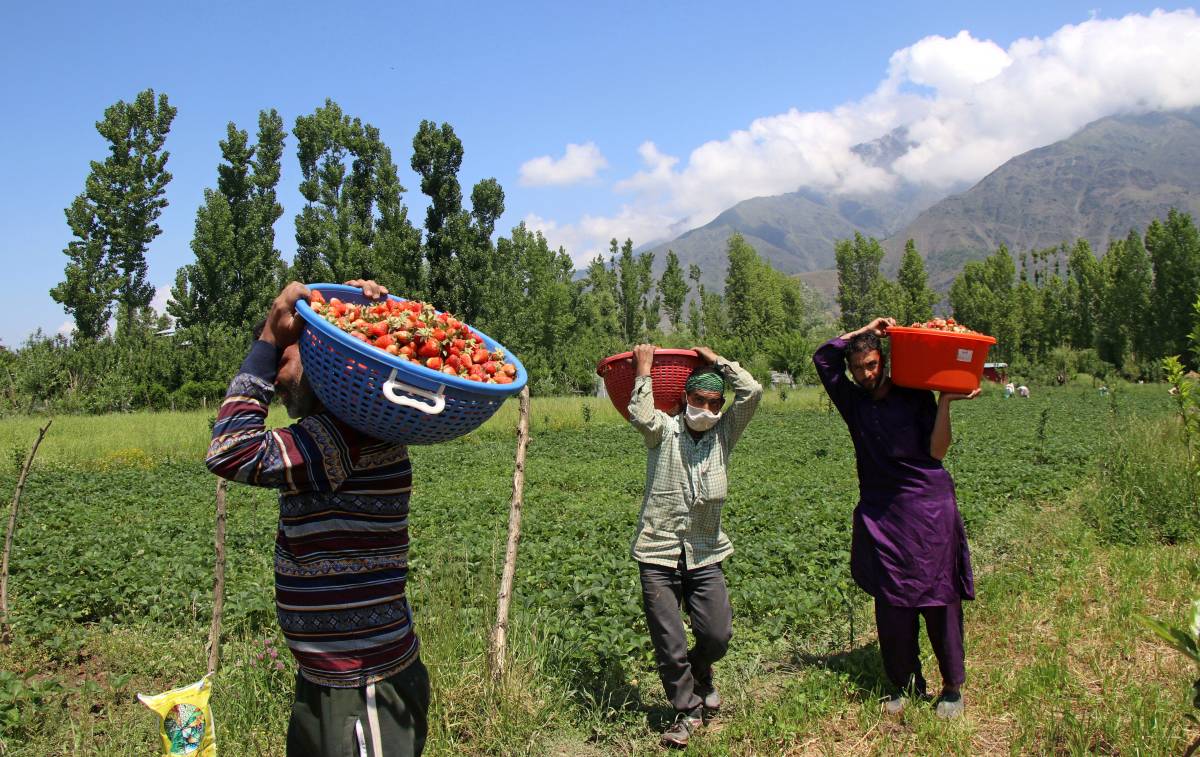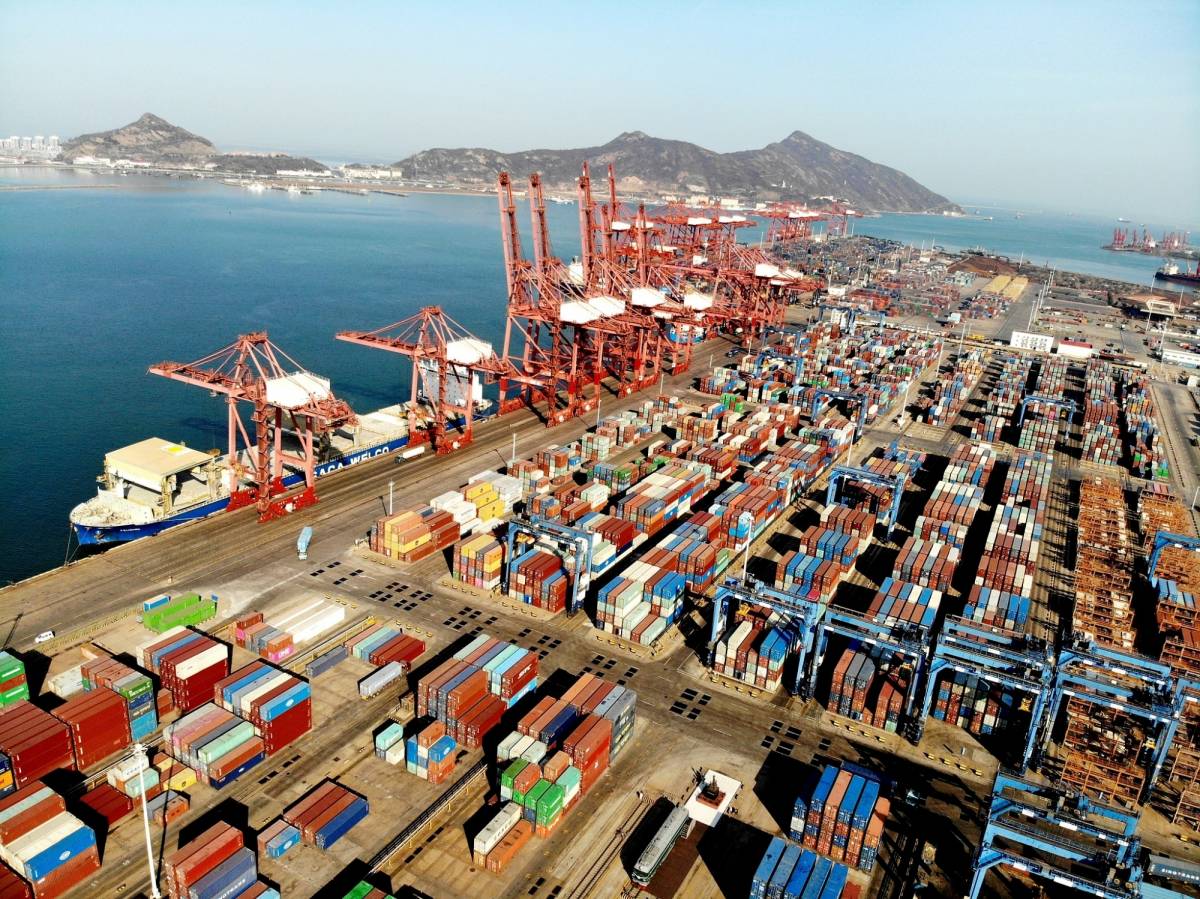That the development of the people of region remains one of the top priorities of the Narendra Modi government has once again been proved as the J&K administration led by Lieutenant Governor Manoj Sinha is going all out to provide all facilities to farmers, reports Ateet Sharma
As much as 60,000 hectares of Basmati agricultural land will be converted into a more productive one as the Jammu and Kashmir (J&K) administration has decided to provide good quality seeds at cheaper rates to around 7.5 lakh farmers in the Union Territory.
In a campaign to increase the productivity of Basmati agricultural land, the farmers of the region would be provided high quality seeds at a cost of Rs 16 crore and encouraged to switch over to organic farming.
ALSO READ – UNGA President should be a neutral entity
Basmati, a long grain aromatic rice known for its superior aroma and distinct flavour, has for many years generally been grown in the sub-tropical plains of Jammu, Samba and Kathua districts.
As per the Agriculture Department of the UT, J&K accounts for nearly two per cent share in the all India area and 1.60 per cent share in production of Basmati rice. Approximately around 90,000 farming families are involved in Basmati cultivation in J&K, out of which more than 90 per cent are small and marginal farmers having low investment and risk bearing capacities.
India is the largest exporter of Basmati rice, sending it over to 80-90 countries all over the world including USA, European Union, Middle East, Russia, Ukraine, Turkey, Commonwealth of Independent States, etc.
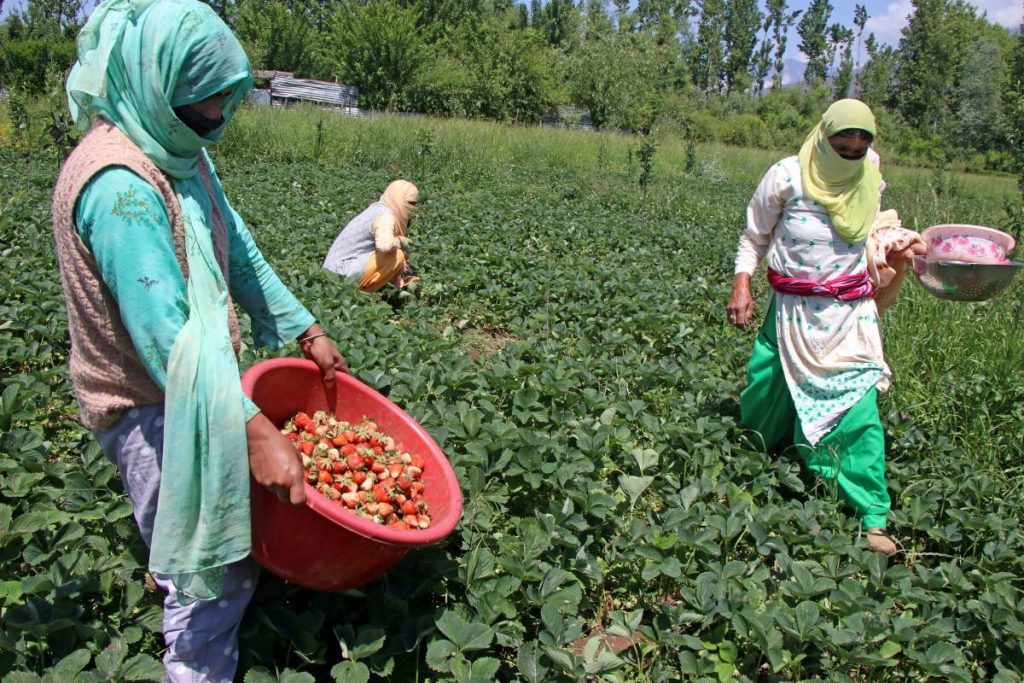
Basmati rice grown in the Ranbir Singh (RS) Pura area of Jammu, including the famous Mushk Budji variety grown in higher reaches of Kashmir valley like Anantnag and Budgam, is now in a huge demand. The Geographical Indication (GI) tag – a sign on products that have a specific geographical origin and the product may have special quality or reputation – has also led to the overall economic prosperity of the producers, including those engaged in the farming of R.S. Pura rice and the world famous Pampore Saffron.
“From carpets to saffron, from apples to Basmati, what is not there in Jammu and Kashmir? Even during the lockdown caused by corona, the government took care that the apple growers here have least of the problems,” PM Modi had said while launching the Ayushman Bharat PM-JAY SEHAT scheme for all residents of Jammu and Kashmir last December.
A new dawn in Kashmir
That the development of the people of region remains one of the top priorities of the Narendra Modi government has once again been proved as the J&K administration led by Lieutenant Governor Manoj Sinha is going all out to provide all facilities like harvesting, management and processing to the farmers and providing linkages for their products to national and international markets.
Highlighting the various initiatives undertaken by the government to bring reforms in the horticulture sector, Sinha revealed on Tuesday that the UT administration has signed an MoU with NAFED through which 5500 hectares of high density apple, walnut, mango and litchi would be cultivated in the next five years.
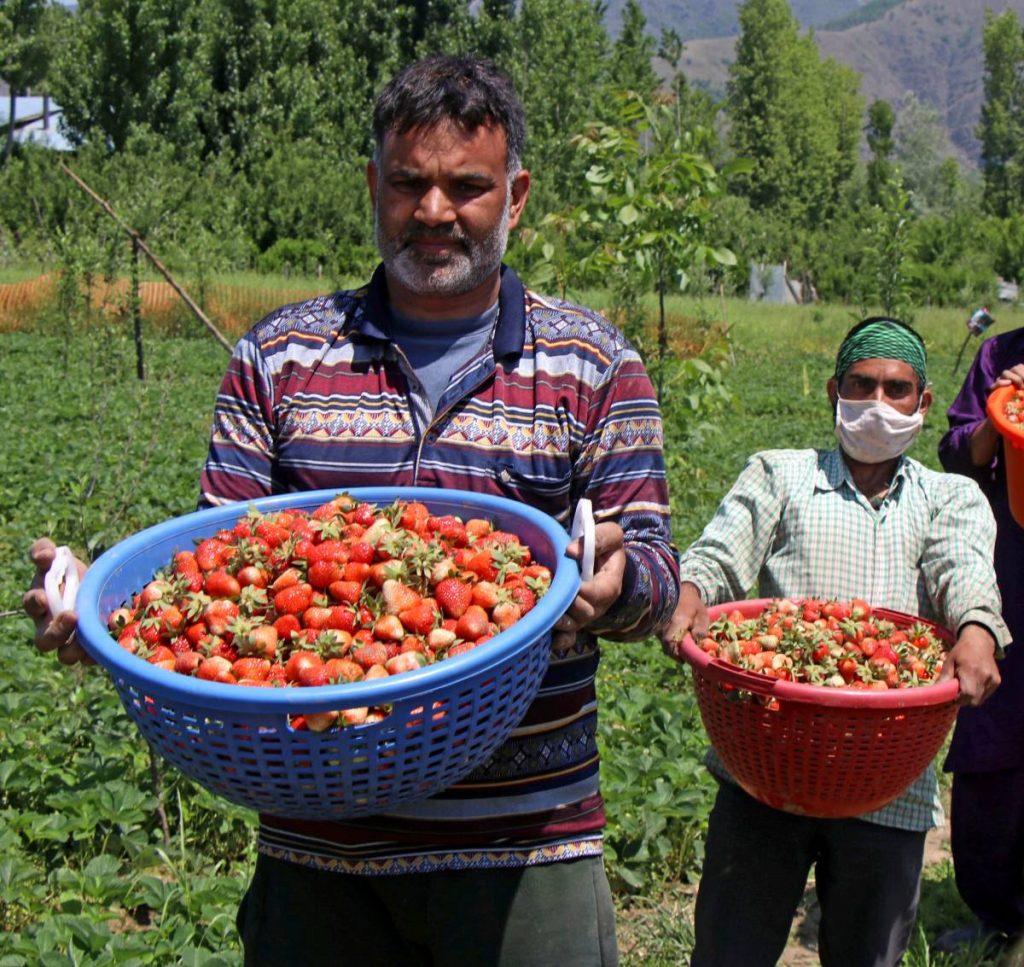
For this, an investment of about Rs 1700 crore will be made in the Union Territory. Three cold storage clusters will also be set up at Kathua, north Kashmir and south Kashmir with an investment of Rs 500 crore which will provide more convenience to the farmers.
“GI tagging of regional products is being done to further empower the farmers through effective marketing of their products. The quality of many of our products like saffron, walnut, cherry, strawberry, plum, almond and apricot is no less than those produced in other countries. Kashmir’s saffron was launched in Dubai in December after the GI tagging. The world market was dominated by the Iranian saffron but now Kashmir’s Saffron is making its mark in the global market,” remarked the Lt Governor.
The government is also focused on increasing the income of farmers and providing employment to more and more youth in collaboration with the administration and scientists, researchers related to agriculture. To promote agriculture and horticulture in Jammu and Kashmir, the current year’s budget has been increased to Rs 2008 crore, which is Rs 695 crore more than the previous year.
Agricultural universities of Jammu and Kashmir are also being roped in for promoting food processing units and agriculture related start-ups. Despite the corona pandemic, scores of agricultural programmes have been organized in the past 10 months. With the help of Krishi Vigyan Kendras, effort is being made to reach out to every farmer to ensure the use of innovation and technology in agriculture and allied sectors.
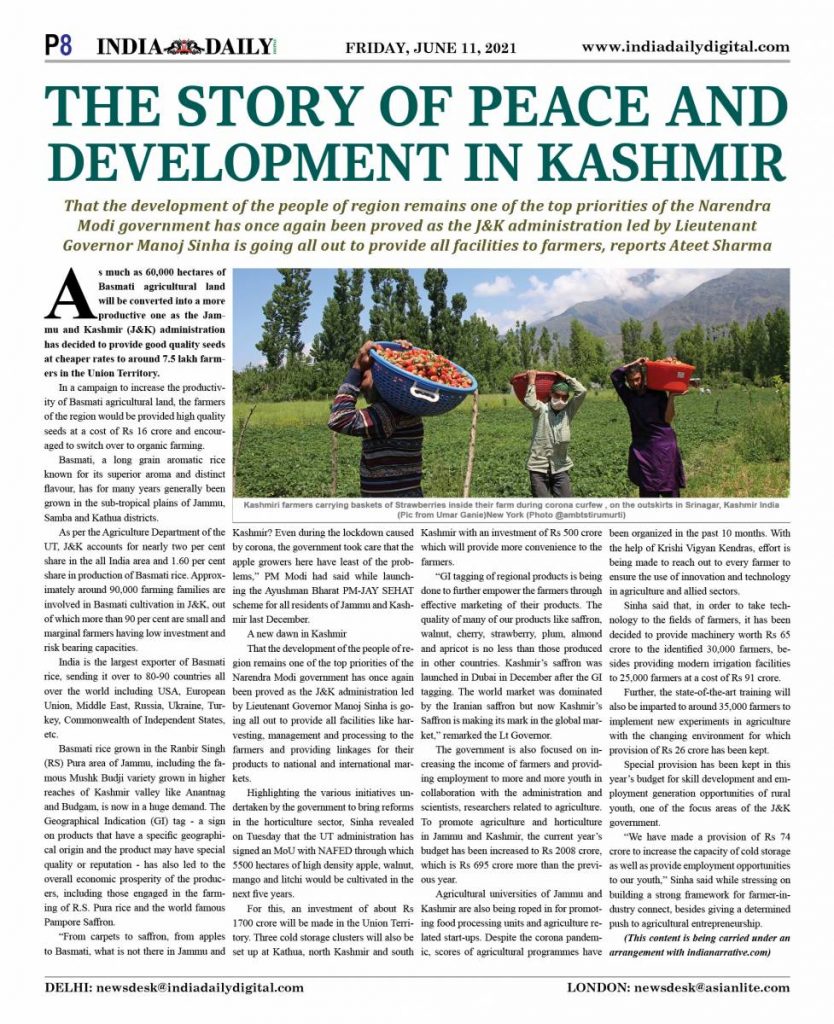
Sinha said that, in order to take technology to the fields of farmers, it has been decided to provide machinery worth Rs 65 crore to the identified 30,000 farmers, besides providing modern irrigation facilities to 25,000 farmers at a cost of Rs 91 crore.
Further, the state-of-the-art training will also be imparted to around 35,000 farmers to implement new experiments in agriculture with the changing environment for which provision of Rs 26 crore has been kept.
Special provision has been kept in this year’s budget for skill development and employment generation opportunities of rural youth, one of the focus areas of the J&K government.
“We have made a provision of Rs 74 crore to increase the capacity of cold storage as well as provide employment opportunities to our youth,” Sinha said while stressing on building a strong framework for farmer-industry connect, besides giving a determined push to agricultural entrepreneurship.
(This content is being carried under an arrangement with indianarrative.com)
ALSO READ – Pakistan concerned over more demographic changes in Kashmir


